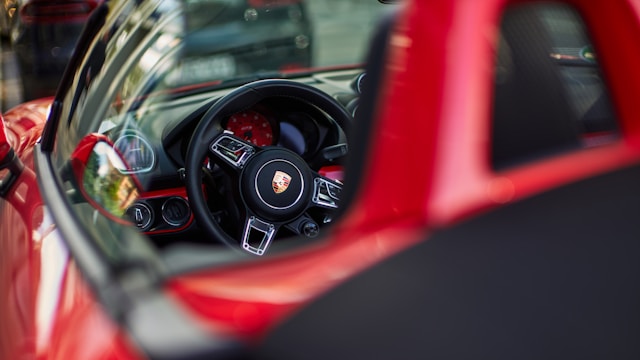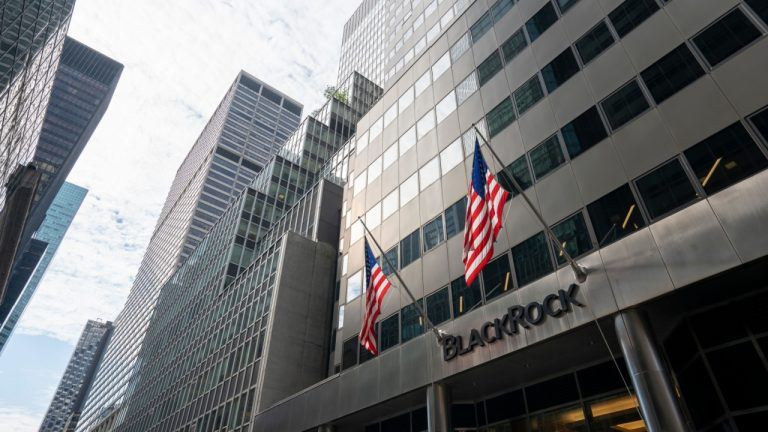If you’ve been dreaming of cruising down Orchard Road in a sleek Ferrari or a posh Rolls-Royce, you might want to pump the brakes on those plans. Let’s talk about the S$3 billion scandal that took a toll on luxury car sales.
S$3 BILLION SCANDAL
Singapore’s luxury car sales have experienced a significant decline, directly linked to a large-scale S$3 billion money-laundering case. In response, the government has increased taxes on luxury vehicles and implemented stricter financial checks to prevent illicit funds from entering the market.
STRICTER REGULATIONS
In light of the scandal, authorities have introduced more rigorous oversight. Luxury car dealerships and other sellers of high-value goods are now required to conduct deeper investigations into their clients’ financial backgrounds and report any suspicious activities.
SALES TAKE A SHARP DECLINE
Prestigious brands such as Bentley, Ferrari, Jaguar, and Rolls-Royce have seen sales plunge by up to 75% in 2024 compared to the previous year. A key factor is a shift in consumer behavior, with buyers opting for a more discreet approach to avoid regulatory scrutiny.

Image Credits: unsplash.com
Additionally, stricter due diligence checks and higher luxury car taxes further dampened sales. Meanwhile, the broader car market is moving in the opposite direction, with overall new registrations surging by 42% in 2024.
EVs GAIN TRACTION
As the luxury car segment slows, electric vehicles are gaining popularity. Chinese manufacturer BYD has reported increased sales as more consumers pivot toward eco-friendly and less ostentatious alternatives.
IN A NUTSHELL
For potential luxury car buyers, especially younger consumers, this may be a moment to reconsider their choices. As electric vehicles become more fashionable and practical, they may present a compelling alternative for those seeking both style and substance.
The post How a S$3 Billion Scandal Stalled Singapore’s Luxury Car Market appeared first on MoneyDigest.sg.











 Bengali (Bangladesh) ·
Bengali (Bangladesh) ·  English (United States) ·
English (United States) ·